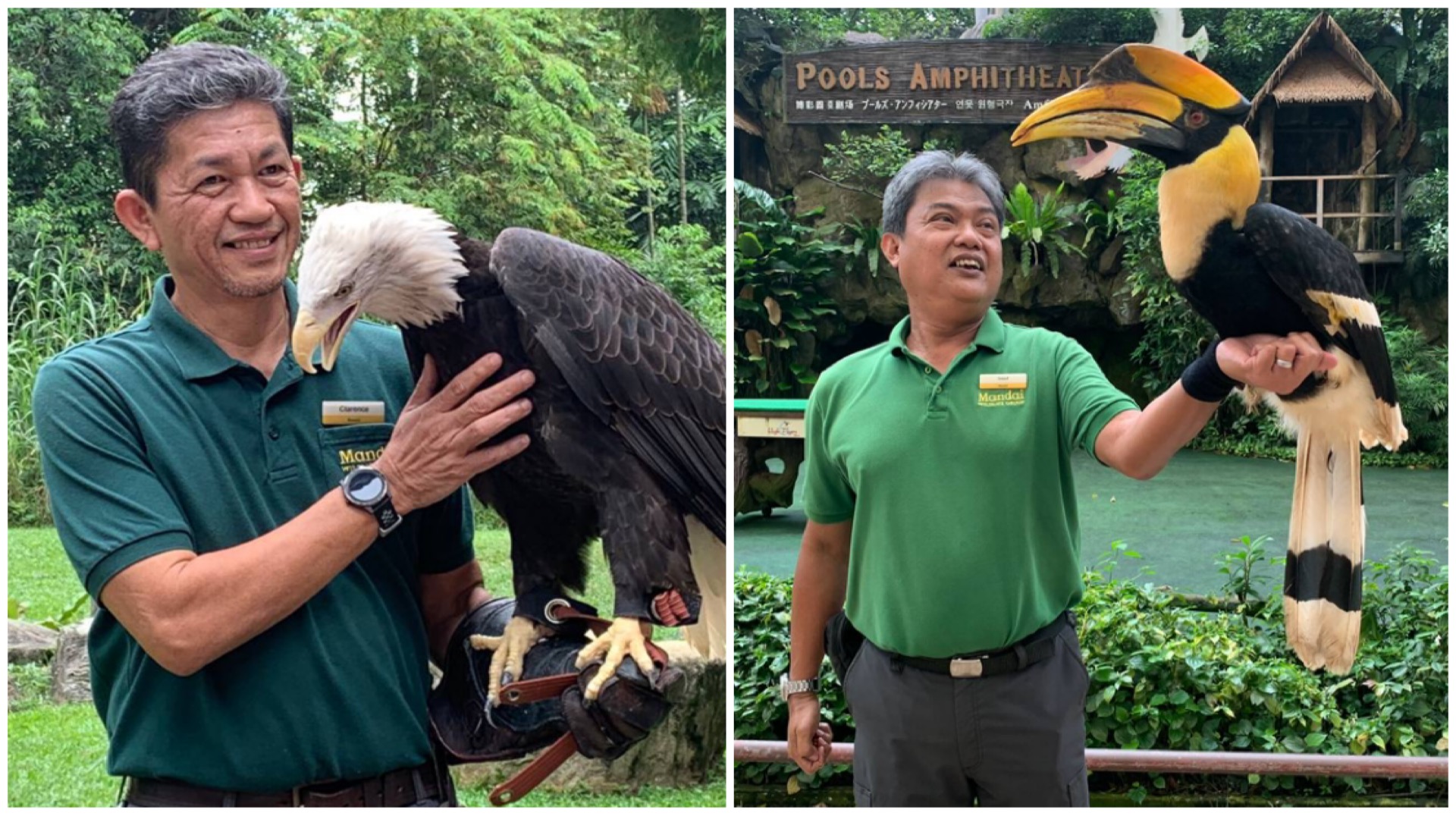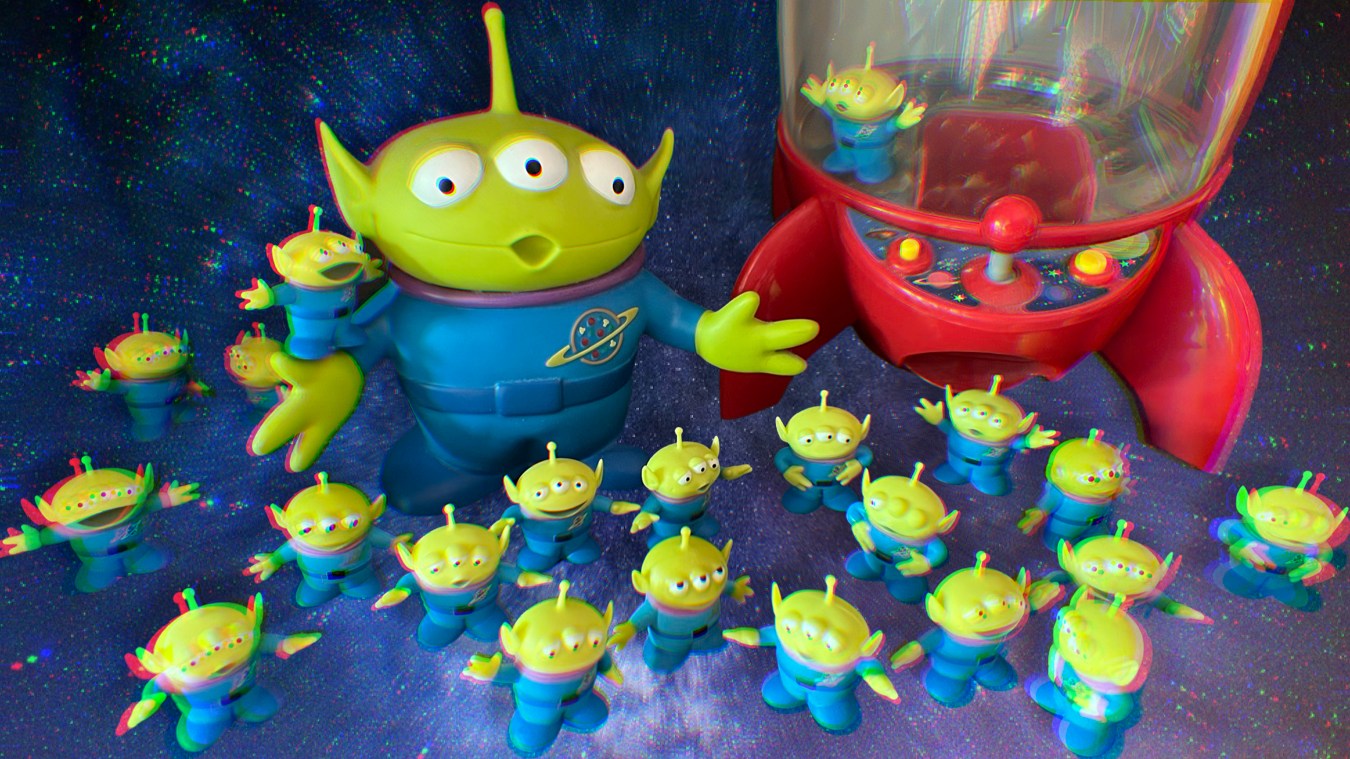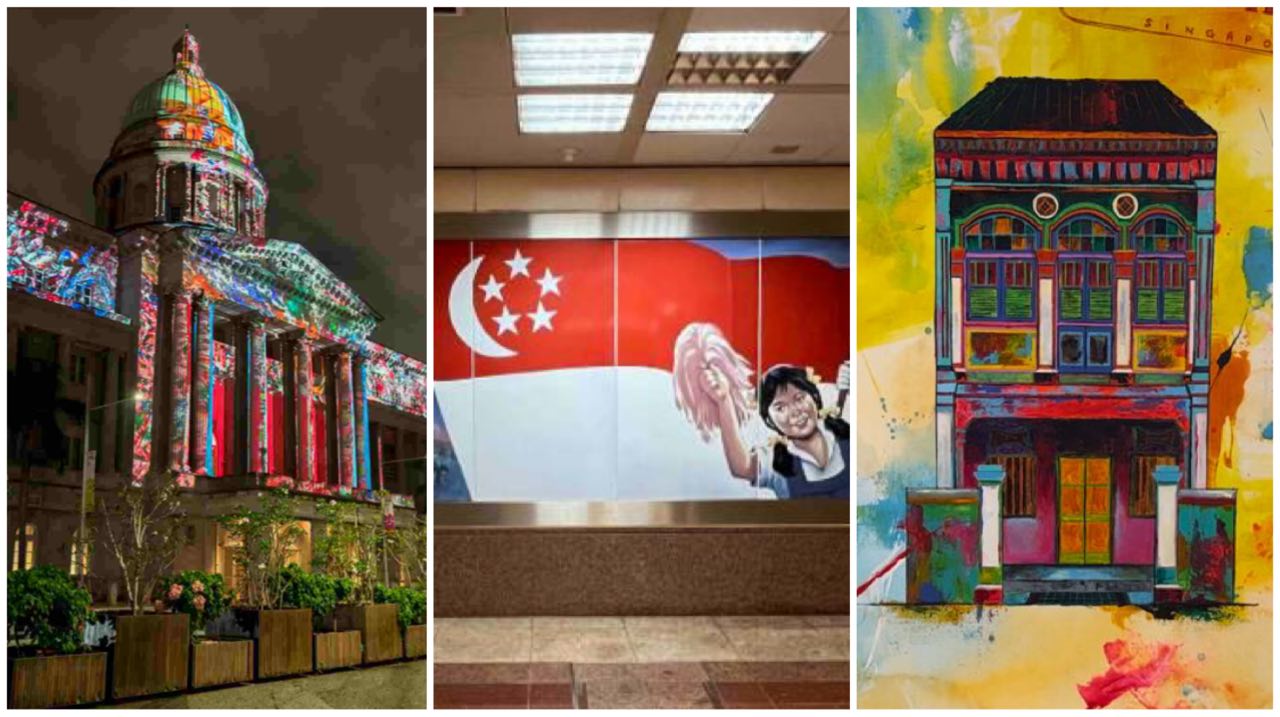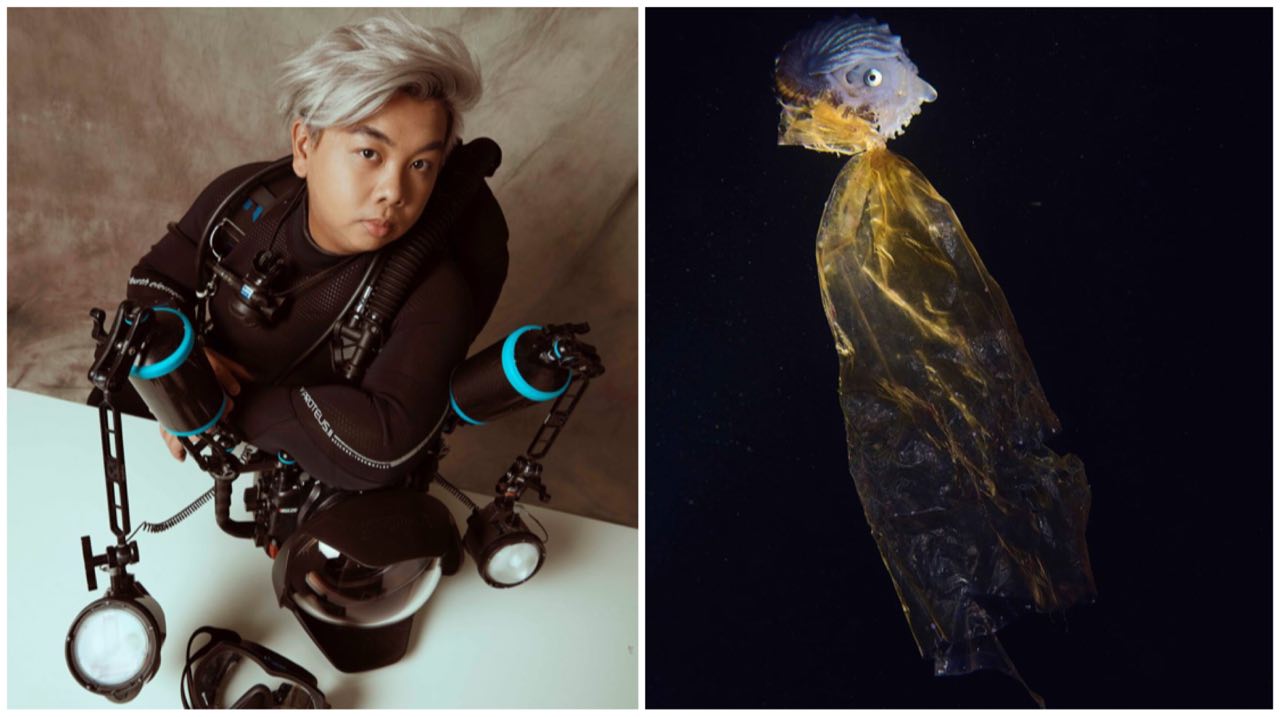The Careers Of These Lao Jiao Took Flight At Jurong Bird Park
Leave the memories alone, don't change a thing.
After over 50 years of memories, the beloved national icon Jurong Bird Park will be closing its doors on 3 Jan 2023. But don't fret, all our favourite avian buddies will be relocating to Mandai alongside the Singapore Zoo, Night Safari and River Wonders.
The new park will be renamed Bird Paradise, and will house one of the largest number of threatened avian species under human care.
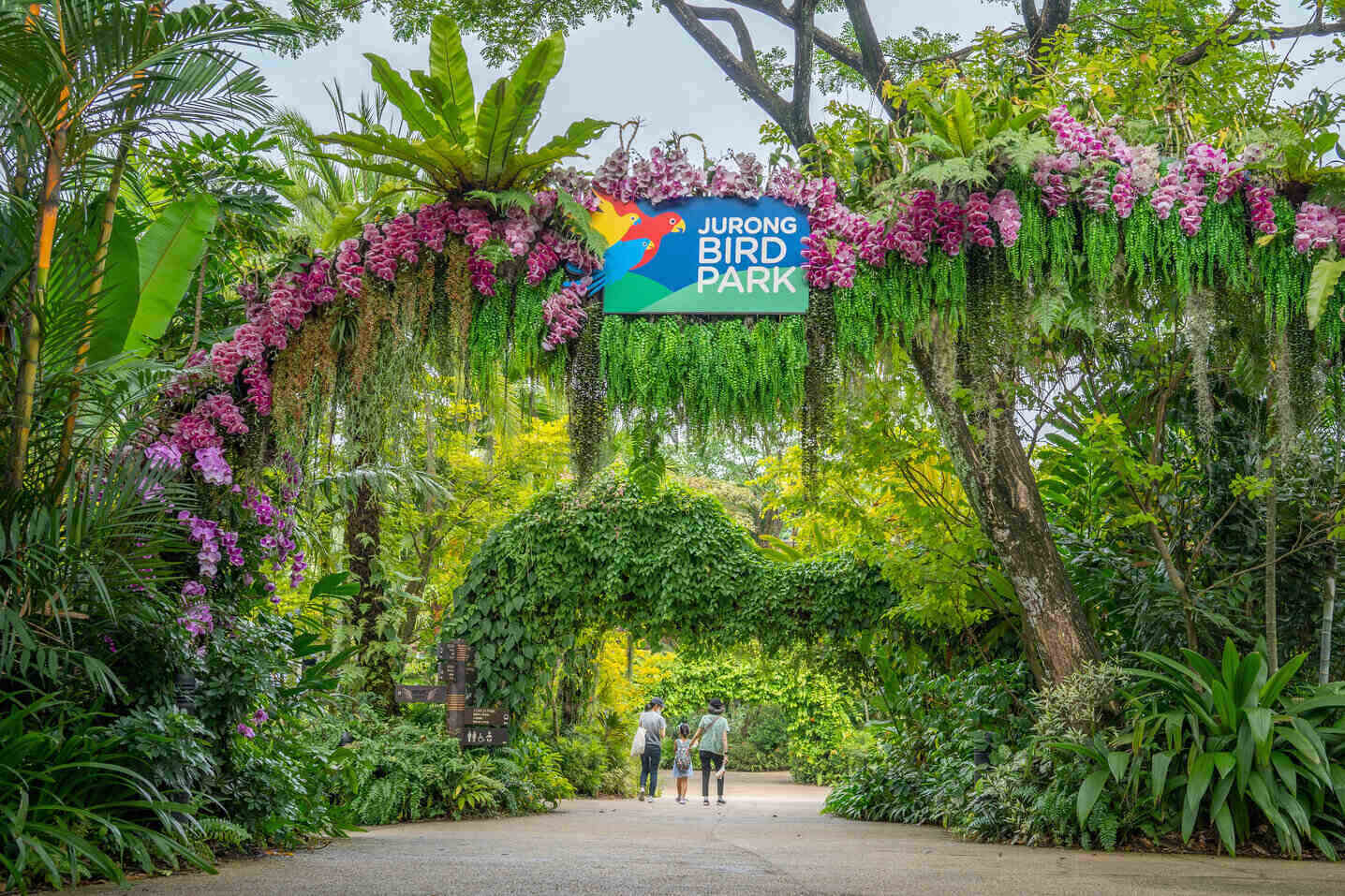
Opened on 3 Jan 1971, it was Asia's largest bird park at the time and home to over 5,000 birds across 400 species.
In celebration of the park's legacy and connection to multiple generations of Singaporeans, a Nostalgic Signature Tour will be launched - the best part: veteran guides will be sharing memories of the park's storied history.
There will also be various events and activities such as a self-guided Heritage Trail and the reopening of the park's old Panorail Station.
.jpg.jpg?sfvrsn=fd92993f_0)
As a 90s kid, I can vividly remember the many school excursions to Jurong Bird Park, enjoying the bird shows and taking the Panorail (which closed in 2012) towards the park's famous waterfall.
Family outings captured with my dad's old Panasonic camera have been enshrined in sepia-tinged photo albums showing a 6-year-old me immersed in what was then already considered a Shangri-La for our feathered friends. It was such a core memory of my childhood, and I feel a pang of regret knowing that I haven't visited in years.
How much more bittersweet this relocation must be, then, for the park's long-tenured staff, some of whom we caught up with as they reminisce about their ongoing decades-long journey with Jurong Bird Park, and reveal what they will miss the most about the current location.
Mohammad Saad Bin Yahya, 60
Assistant Manager, Animal Presentation, High Flyers Show
Years with Jurong Bird Park: 39
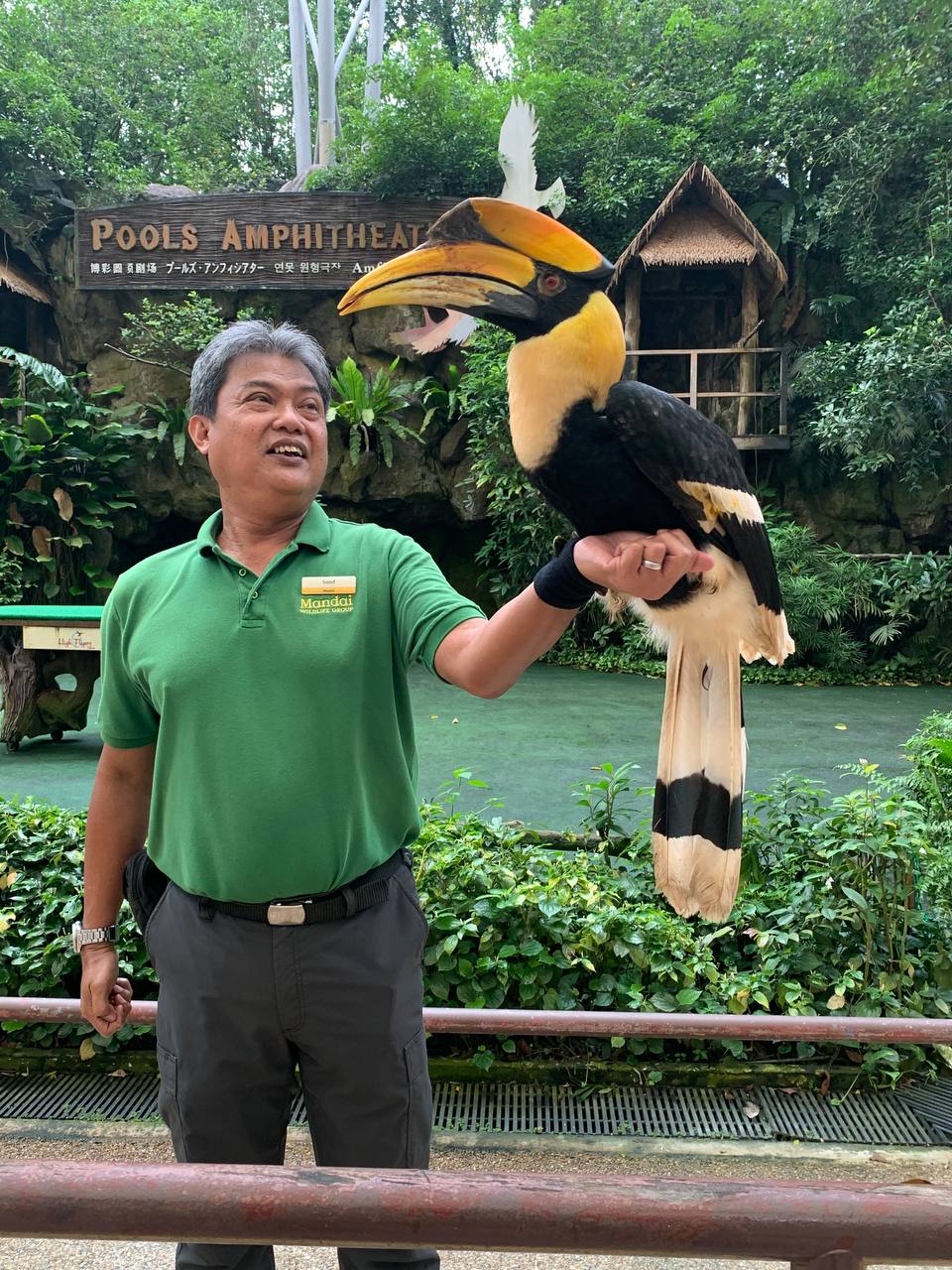
What will you miss the most about the current location?
The ambience. When I started working in 1983, I couldn't see any HDB flats in the area. When we were at the waterfall, I could see the whole of Jurong. But now, when you are at the Pelican Cove, you can see all the flats coming up.
We will miss a lot of the natural environment here. Sometimes when you take a walk here, especially in the morning, you can see the sun rays coming through in between the trees. You are really close to nature. When we move, I don't think we will see all that.
.jpg.jpg?sfvrsn=6ac40d35_0)
What are some of the most memorable moments in your career so far?
The first big achievement was when we managed to breed the Black Hornbill in 1992 - it was the world's first [under human care]. The Black Hornbill exhibit was opened in 1990, and I was one of the first keepers to take charge of the home.
Last time, all the bird species were separated into different sections. But in 1990, they consolidated all the birds of the same species, so that each keeper would specialise in certain species. So I was transferred to the Hornbill section.
Do you have a favourite feathered-friend moment?
In the 90s, we did the Hornbill Chit Chat. We would go to schools and talk about the birds that we took care of. Oddly enough, Singaporeans, especially children, don't even know what birds you can find in Singapore. That's why when I brought the Pied Hornbill to schools, and told the students that the bird is from Singapore, they would go "Woah!"
To teach the younger generation to appreciate wildlife - that's what I really want to do.
Clarence Saw, 59
Senior Manager, Animal Presentation, Kings of the Skies Show
Years with Jurong Bird Park: 34
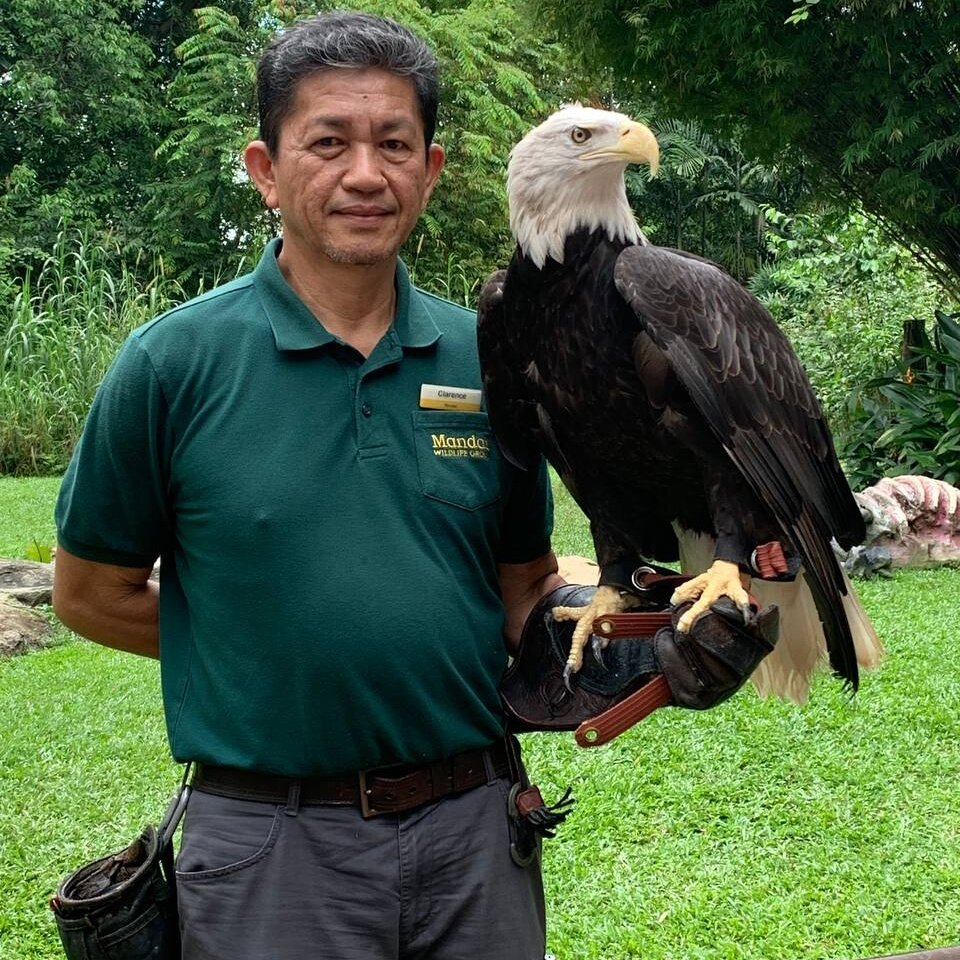
What are some of your career highlights so far?
I think the proudest achievement for me is to be able to work with birds of prey because it isn't something that is very common to do. It's not a normal office job kind of thing (laughs), and to be able to work with and train and learn from these animals is something very satisfying.
What will you miss the most about the current location?
My favourite memory for me is coming to work, walking down towards the area of my work, and meeting and saying hello to all the birds that I take care of.
Mostly, it's about the place itself because the birds are still gonna move together with us. I'll still see them when we move to the new bird park. It's more about [this location] being a second home for me, and I always look forward to coming to work.
Do you have a favourite feathered friend?
Our job makes it very difficult for us to be attached to a particular bird, so we try not to. But personally, I actually do have a favourite. His name is George, an Andean Condor that is no longer with us. I was fortunate to be able to train him, and he was like a pet to me. He was very sensitive to who handled him. So it became a bit of an issue for the rest of the team because he wouldn't be very comfortable working with other people.
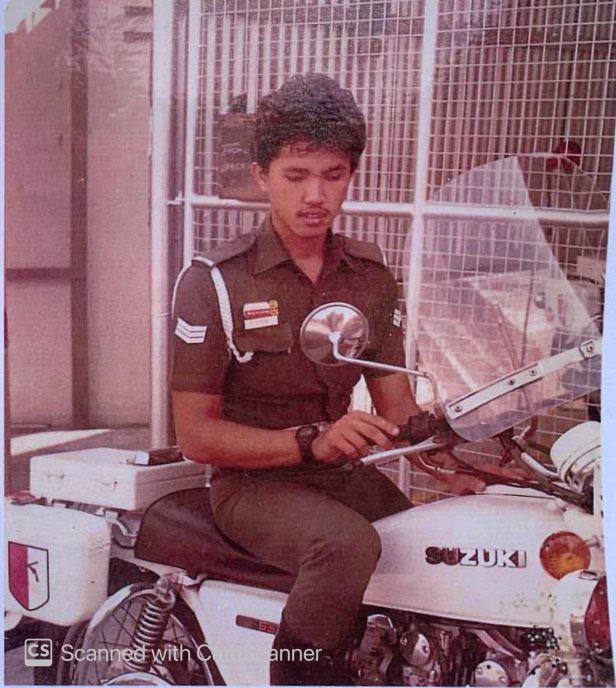
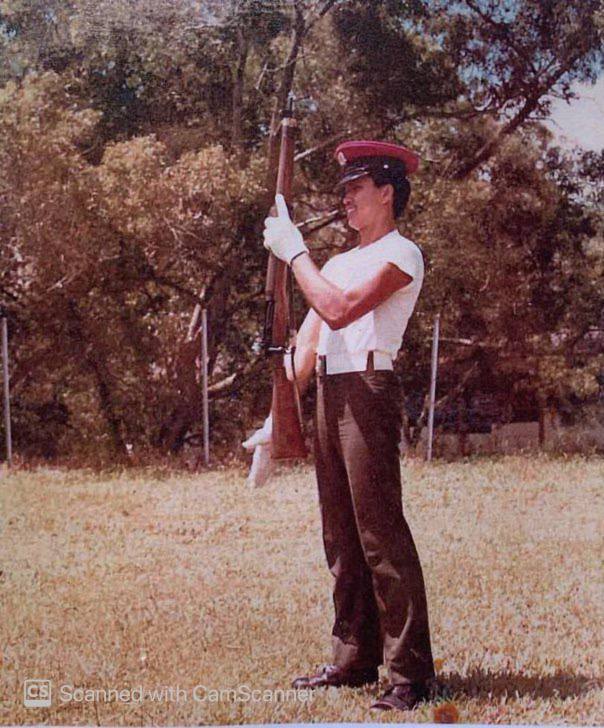
Wah seh, we hear you were an ex-military man before starting at Jurong Bird Park! Tell us about it.
I spent six years in the military. My vocation was a military policeman. After I completed Basic Military Training, I was drafted into the Military Police after completing the course, and was roped in to be a provost instructor in the beginning.
I spent about two years in the School of Provost, and then I joined the motorcycle platoon for another two years. The rest of my army days, I was involved in Istana guard duties, and the changing of guards. We had to march down all the way on that stretch of Orchard Road towards the Istana.
Being a military policeman entails a lot of discipline and tolerance because of the training that was involved.
Chandra Mohan, 43
Manager, Animal Presentation, Kings of the Skies Show
Years with Jurong Bird Park: 22
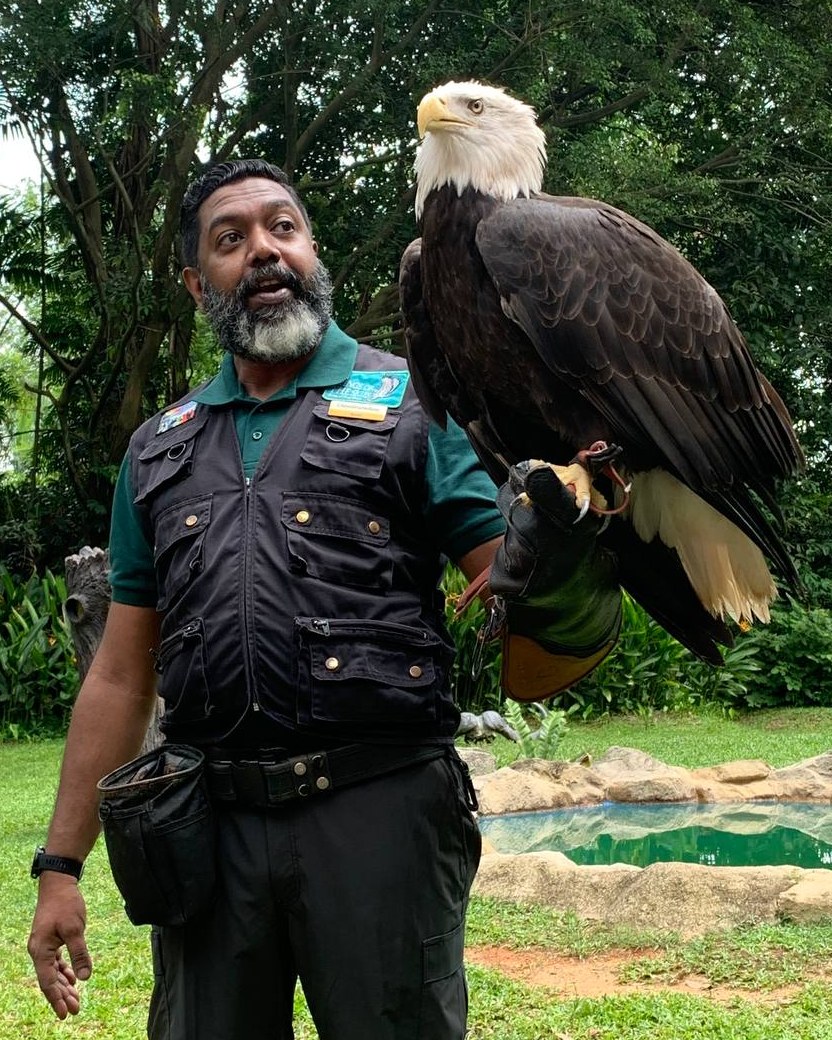
What are you most proud of in your career so far?
One of my achievements over here was to receive the Singapore Experience Award in 2012 for best customer service provided that year. I had to go through some very tough interviews, and I'm glad that I was actually able to win that award!
What will you miss the most about the current location?
One of my favourite memories would be playing soccer every weekend with the rest of the department members because we used to have a big picnic ground over here. It's no longer here though. That was one of my fondest memories.
Honestly, I'm gonna miss the location because I've been coming here since I was very young. My uncle used to work here. I was inspired by him because he started off doing the shows here. When I was young, we used to see him, the way he presented the shows and speak. I was very inspired, and that's how my interest in working with the birds grew.
Of course, I'm also looking forward to the new place!
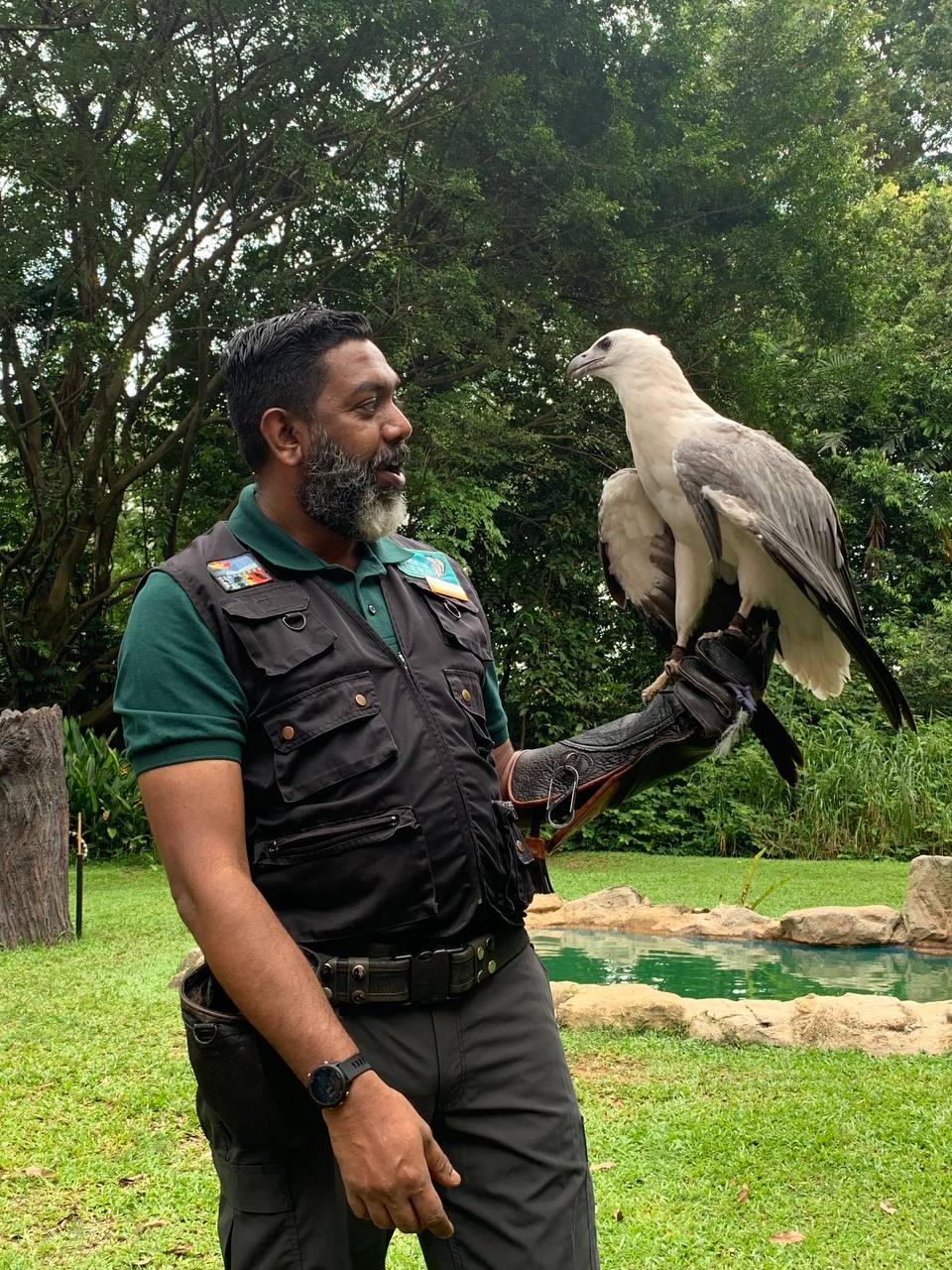
Do you have a favourite feathered friend?
I honestly feel that I don't want to... I learned my lesson. I used to have one - Salmah, a Golden Eagle. I was very attached to her and when she passed on, I kind of like felt that I lost someone close to me. My seniors told me, try not to have that attachment. Have the respect though, but not the attachment because you are working with a lot of birds, not just one. So I treated every one equally.
But if you ask me my favourite species - it would be the vultures. I really love vultures a lot because they're very important to our environment. Vultures are nature's clean-up crew. They are nature's undertakers.
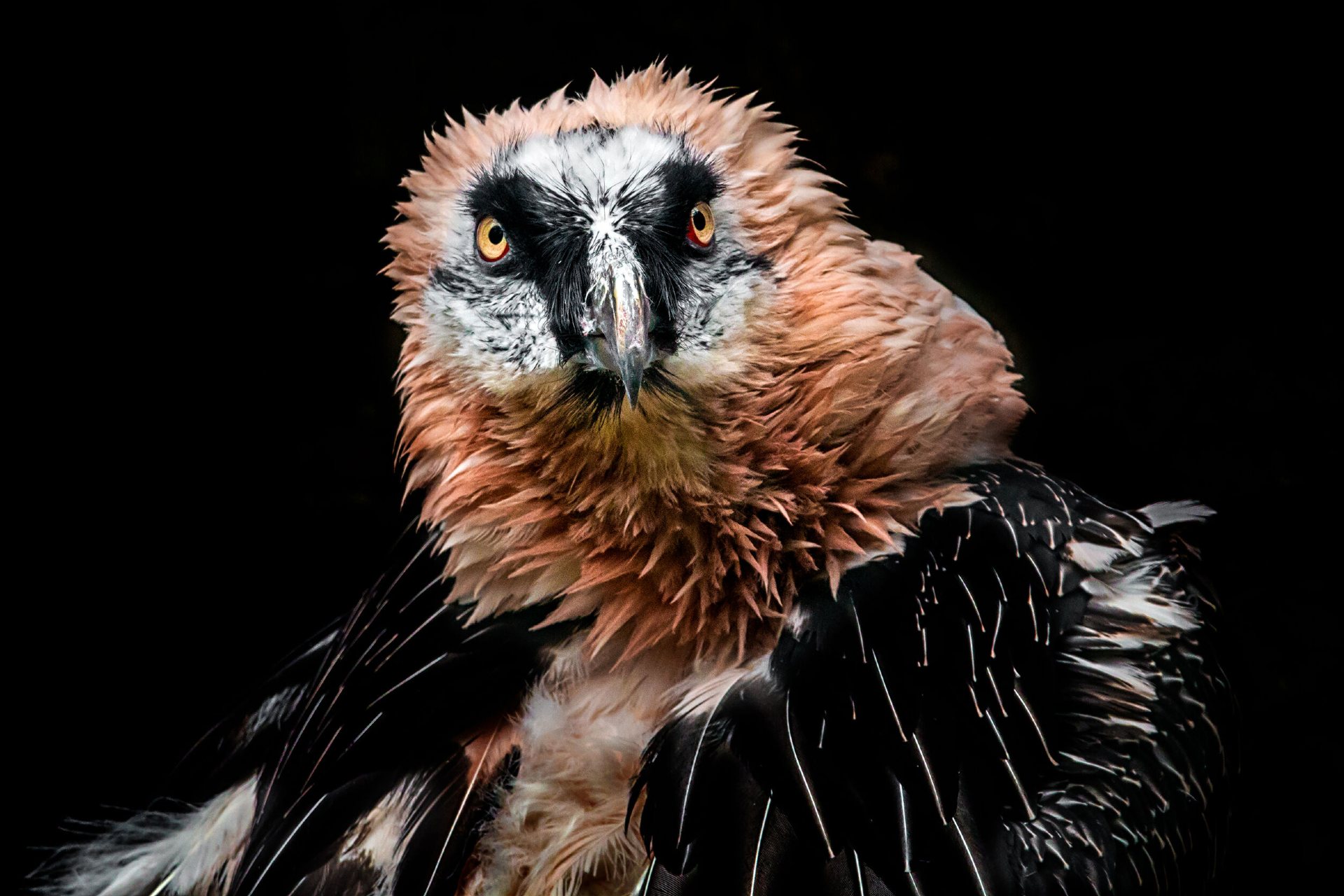
Many people think that vultures are ugly and associated with death, but they are so wrong. Vultures are actually very clean. If you ask me, I think they're very good-looking (laughs). There are many different species of vultures. If you look at the Lammergeier, which is also known as the Bearded Vulture, they're very colourful, very nice.
They're very useful to the environment because they help to control the spread of contagious diseases by rapidly cleaning up animal carcasses. If an animal carcass is left to rot, it's going to spread contagious diseases, and then you have wild dogs coming in, eating the carcass, and then they'll go to town. Then they'll spread the diseases, spread rabies. So to prevent all that happening, the vultures have to clean up the carcasses very fast, so it actually protects the environment.
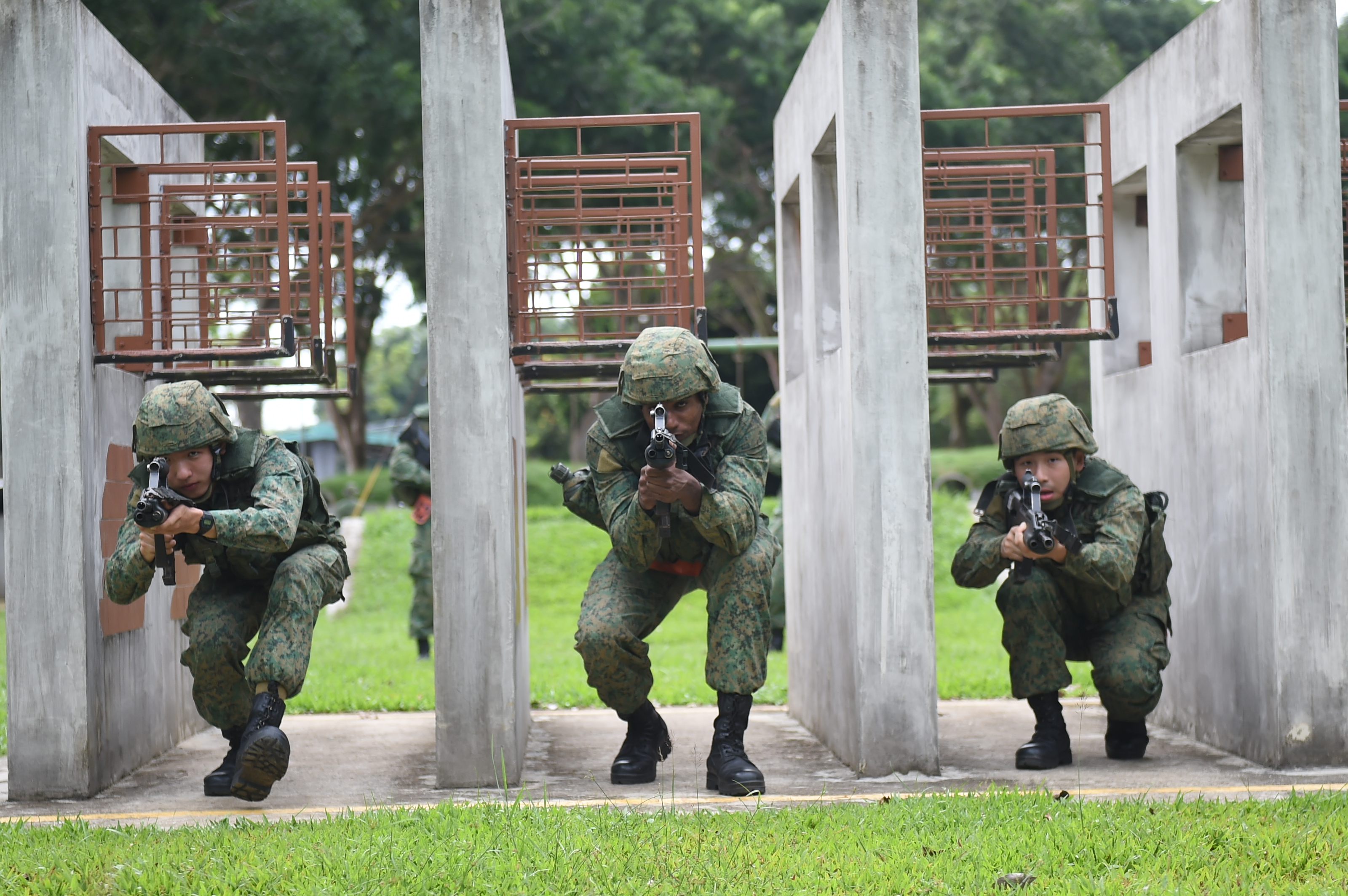
You might not have been a military man like your colleague Clarence, but you joined Jurong Bird Park straight out of national service. How was NS for you, and did it inspire or prepare you in any way?
In 1998, I did my BMT in 21 SA, an artillery company, then I moved out and became a driver with Sungei Gedong Camp. After I ORD-ed in 2000, I actually came for a formal interview and I was recruited by my uncle's staff.
I think the discipline from NS helps a lot with our work ethics over here. That is very important because if you have no discipline, we will not move - being disciplined with myself and also getting my staff to be disciplined because we are working with live birds, and we are caring for them - they are our rice bowl. We cannot take them for granted. And these are our "colleagues", they're almost like our family members because we've been working with them for a very long time. So, we need to be very vigilant when working with them.
NS also teaches good moral values as well - you know, respect and all that. I work with birds of prey which are considered dangerous, so we have to be very careful. We have to handle them safely, handle them with respect. I also need to make sure that my staff are able to handle them very well. For birds of prey, it's a totally different ball game!
For the latest updates on Wonderwall.sg, be sure to follow us on Facebook, Instagram and Telegram. If you have a story idea for us, email us at [email protected].







